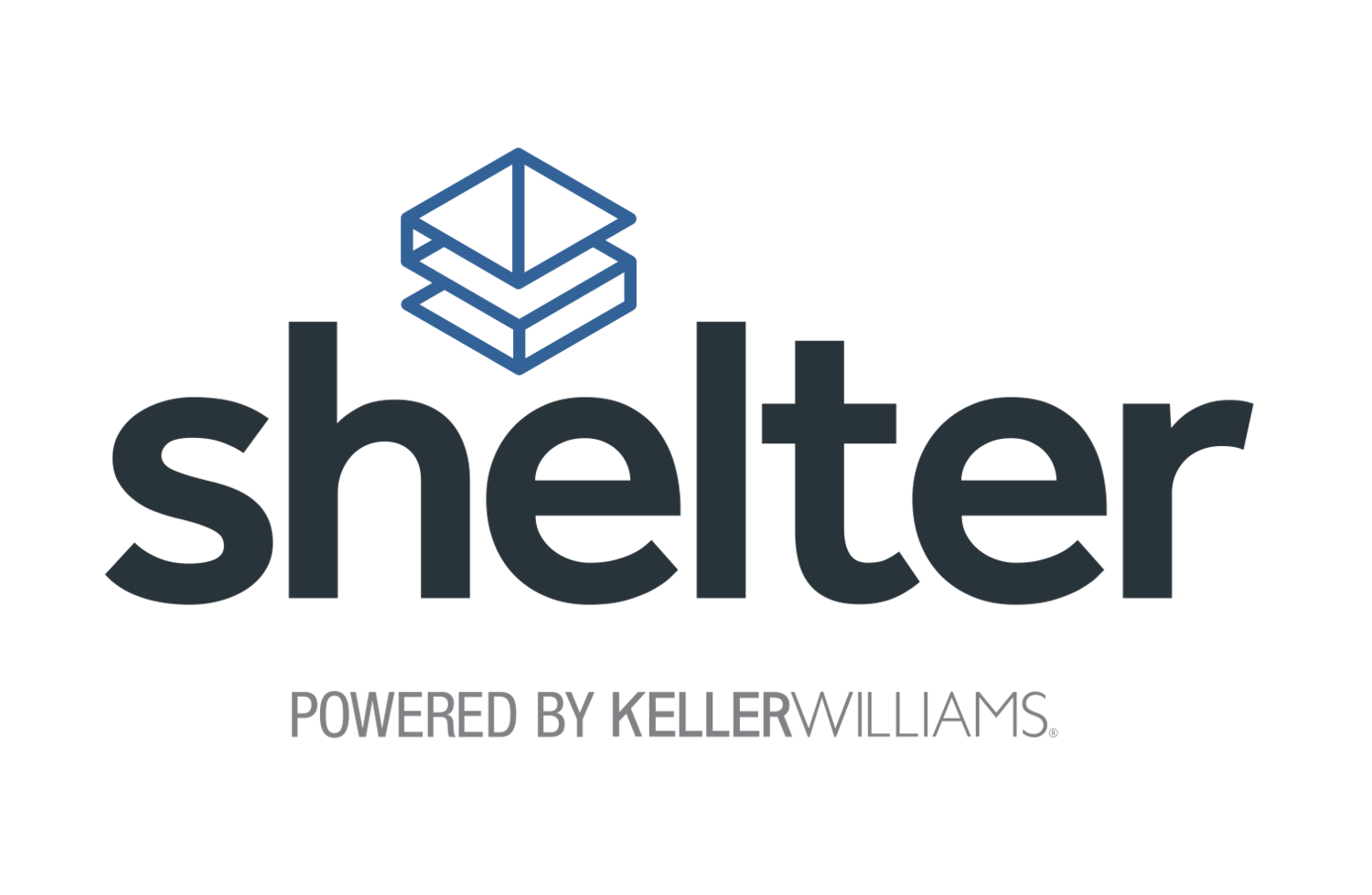denver draws rich financiers with $12 million lofts, $175 sushi menus
/By Devon Pendleton | Published on August 15, 2022
Statistically speaking, Denver’s economy is on fire. Unemployment has more than halved in the past year, GDP is expected to grow 73% faster in 2022 than the national figure and inflation — even more so than in the rest of the country — is on a tear.
And then there are the intangibles: well-heeled crowds waltzing through the ritzy Cherry Creek shopping district, impossible-to-get reservations at freshly anointed hotspots and queues of gleaming SUVs clogging Interstate 70 en route to the mountains for weekend jaunts.
Yet perhaps nothing is more emblematic of a city transformed by wealth, both homegrown and transplanted, than a 22-year-old penthouse loft for sale overlooking Coors Field. With its blonde wood flooring, black granite counters and corner jetted tub, the 7,204 square-foot (669-square-meter) property evokes a 2000s vibe.
Its asking price, however, is decidedly 2022: $12 million, among the highest on a per-square-foot basis in Denver’s history. And the payment? “Cryptocurrency preferred” by the seller, a Beverly Hills-based attorney, according to Shelly Vincent, the realtor handling the listing.
“The market has not even been close to keeping up with demand,” said Vincent, designated managing broker for eXp Realty. “Four years ago, luxury would've been $1 million, $1 million-plus. Now $1 million is hovering around the median price” in sought-after neighborhoods, she said.
While there’s some evidence of cooling, Redfin Corp. calls Denver’s housing market “very competitive,” indicating multiple offers, waived contingencies and sales above the listing price. The city scores 88 out of 100 on its scale, higher than other pandemic boomtowns like Austin and Boise, Idaho. And even if its real estate is near a peak, it’s at a level that would have been unthinkable a generation earlier.
Four decades ago, the Colorado capital was a city in decline, plagued with vacant buildings and a shrinking population. The Denver of 2022 is thriving — at least for the wealthy. As the easy money days of the pandemic inflated the bank accounts of the rich, it morphed into a magnet for newly-mobile high-paid workers and became one of the hottest luxury housing markets in the country.
Denver was ripe for transformation. Many tie the start of the city’s ascent to the debut of its newly constructed airport, which opened 27 years ago and is the largest in the US by size — its land area is bigger than Manhattan. Over the next couple of decades, the region’s economy diversified away from oil fields and ranching to tourism and tech, and the population boomed.
The city got another boost after 2012, when Colorado became the first US state to sanction recreational marijuana use. By July 2021, Denver had more than 700,000 residents, up about 20% from the 2010 census. The greater metro area has close to 3 million people.
In terms of attracting wealth, the pandemic took Denver to another level as workers severed ties to offices and the rich scattered.
Second homes in resort settings became full-time dwellings. Hordes of finance folks fled Manhattan for Miami, and Bay Area tech workers skipped town for Austin and Tahoe. The relatively affordable cities of the Mountain West took on new life, with droves pushing into Salt Lake City and Boise. And Denver, the biggest and most cosmopolitan city in the region, became a star.
Colorado has always had its moneyed enclaves, from the posh ski towns of Aspen and Telluride to Boulder, a university town nestled in the foothills. Denver, by contrast, had been an area of relative normalcy. But now the affluence has spread, elevating the city to a live-work destination in its own right.
Realtors report numerous clients from San Francisco or New York buying Denver homes sight unseen over the past two years, agog at the square footage their dollar commanded compared with bigger cities. Denver was the 10th-hottest real estate market in the country last year as gauged by factors including bidding wars and the jump in median sales price. Aurora, a traditionally working- and middle-class suburb to the east, was ranked second, due largely to buyers priced out of Denver.
Some of the frenzy was part of the same craze that sent home prices soaring throughout the US: low interest rates and newfound mobility. But Denver’s boosters say the city’s diverse mix of industries like tech, energy, aerospace and telecom will buffer it from a disastrous bust as recession looms. The state is so flush that $750 checks are right now hitting the mailboxes of Colorado taxpayers — $1,500 for joint filers — thanks to a surplus.
The city is gaining a reputation beyond just pot, said Vincent, who moved to Colorado from Florida. “There's a tremendous number of transplants, people like myself, who found Denver to be a very welcoming city for their businesses.”
In tony Cherry Creek, a neighborhood that’s always been affluent, the immaculate sidewalks and leafy blocks now evoke an outdoorsy Beverly Hills. The namesake mall boasts a Chanel boutique as well as showrooms for Tesla and Lucid. Even before noon on a recent Monday, when the temperature hit 100 degrees Fahrenheit (38 degrees Celsius), tables on the patio of bistro Le Bilboquet were starting to fill.
“There’s just a level of sophistication that wasn’t here before,” said Maggie Armstrong, a partner with Trish Bragg at LIV Sotheby’s International Realty. Matsuhisa, chef Nobu Matsuhisa’s eponymous sushi joint with a $175 omakase menu, now has a Denver outpost, as does Veronica Beard, the luxury women's wear brand. Armstrong’s office overlooks the lush rooftop decks of the St. Paul Collection, a pair of apartment buildings where rent for a three-bedroom apartment is $12,000 a month and where she said many house-hunters wind up temporarily after being stymied by low inventory.
Wealth managers have homed in on the Mile High City’s nascent riches, scooping up firms managing more than $6.8 billion since the beginning of 2020, according to DeVoe & Co.
The money that’s proliferated has numerous sources: private equity, energy and real estate among them. Investors laud business-friendly politicians, like Colorado Governor Jared Polis, who founded multiple companies, and his predecessor, Democratic Senator John Hickenlooper, a former Denver mayor who opened a craft brewery in the city in 1988. While Colorado’s state income tax isn’t zero, like Texas and Florida, its levy is just under a third of California’s rate.
And then there’s tech. The startup scene’s center of gravity has increasingly shifted from Boulder to Denver and the corridor in-between as youthful entrepreneurs seek cheaper housing and a bigger talent pool. Denver startups raised $1.8 billion in the second quarter, a 185% increase from a year earlier. In 2021, they outraised those in much-hyped Austin by 24%.
Denver boasts seven unicorns, including Guild Education, telehealth provider SonderMind and climate tech company Crusoe Energy Systems. Easy access to a dense pool of ultra-rich would-be funders in places like Aspen — the country’s most expensive real estate market on a price-per-square-foot basis— is also a plus.
“The entrepreneurs in the community here remind me of what the Bay Area was like in 2011,” said Chris Erickson, managing partner at early-stage venture capital firm Range Ventures, who moved to Denver from San Francisco in 2019.
Still, the city’s rising affluence and housing prices have excluded many.
The Denver metro region saw a 40% uptick in those accessing emergency shelter since the pandemic began. The number of newly homeless nearly doubled in what’s been labeled the second-most gentrified city in America. The opioid crisis has worsened, with the police seizing more illegal fentanyl in the first five months of the year than in all of 2021. And it remains to be seen if Denver’s market can truly withstand the slowdown that’s already engulfing cities like San Francisco.
There are also climate challenges. The Colorado River, with tributaries that source about half of Denver's drinking water, is in a severe drought. Even the view of Rocky Mountain peaks from downtown Denver is obscured more frequently these days by smoke from wildfires.
But on clear days, the mountains beckon. Ask any out-of-towner what drew them to Denver and the same word surfaces: lifestyle. The streetscape is chock-a-block with boutique gyms, high-end outdoor gear shops and juice bars. Even before the pandemic, the city prided itself on its casual approach to office work, and ski Fridays were de rigueur.
A love of skiing and the outdoors was what lured Eric Roza, now a managing director at Vista Equity Partners, to Colorado 15 years ago. He was bracing for the consequences.
“I was told by everyone I met that I was going to take a comp hit to live here, that you should expect to earn less,” he said. “I’ve hired 500 engineers here, and I can tell you: The discount for Colorado does not exist anymore.”
— With assistance by Vincent Del Giudice


